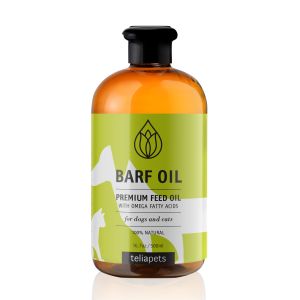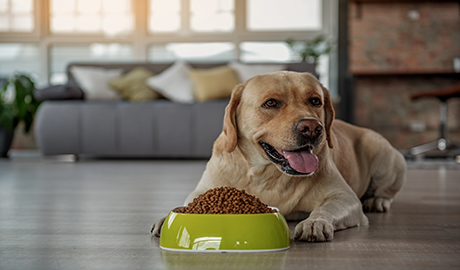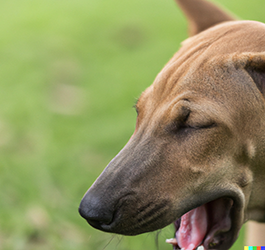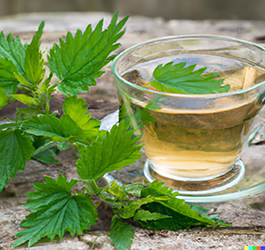Does a Raw Diet Extend a Dog's Life?

As pet owners, we all want the best for our furry friends, and one of the most important sides of their care is their diet. Many dog owners have turned to raw diets, such as the Biologically Appropriate Raw Food (BARF) diet, in search of a more natural and nutritious option for their pets. But can a raw diet truly extend a dog's life? In this article, we will explore the potential benefits and drawbacks of a raw diet and whether it can lead to a longer, healthier life for your canine companion.
The BARF diet, which consists of raw, unprocessed ingredients such as meat, bones, fruits, vegetables, and dairy, has gained popularity among pet owners who believe that it more closely resembles the natural diet of wild animals. Supporters of raw diets argue that they provide a variety of benefits, including improved coat condition, increased energy levels, better weight management, and a reduced risk of certain health issues.
Some studies have shown that a raw diet could potentially lead to a longer lifespan for dogs. For example, a study conducted on Labrador Retrievers found that dogs fed a homemade diet, which included raw meat, lived on average two years longer than those fed commercial dog food. However, it is important to note that this study was relatively small and focused on a specific breed, so the results may not be universally applicable to all dogs.
One of the primary reasons raw diets may contribute to a longer life is that they can help dogs keep a healthy weight. Obesity is a common issue among dogs and can lead to a variety of health problems, such as diabetes, heart disease, and joint issues. By providing a diet that is more in line with their natural nutritional needs, raw diets may help prevent obesity and associated health complications.
Another potential benefit of raw diets is their effect on dental health. Chewing raw meat and bones can help remove plaque and tartar, reducing the risk of periodontal disease, which is a common issue in dogs and can contribute to systemic health problems if left untreated.
However, it is important to consider the potential risks associated with a raw diet. One of the main concerns is the risk of bacterial contamination from raw meat, which can pose a threat to both pets and humans if proper food handling and hygiene practices are not followed. Additionally, achieving the correct balance of nutrients in a homemade raw diet can be difficult, and an imbalanced diet may lead to deficiencies or excesses that can harm your dog's health in the long term.
In conclusion, while there is some evidence to suggest that a raw diet may contribute to a longer and healthier life for dogs, more research is needed to confirm these findings and understand the full extent of the potential benefits. As a responsible pet owner, it is important to consult with your veterinarian before making any major changes to your dog's diet.
If you decide to convert your dog to a raw diet, work closely with your veterinarian or a veterinary nutritionist to ensure that the diet is balanced and appropriate for your dog's specific needs. Monitor your dog's health closely during the transition and make any necessary adjustments based on their individual requirements and any changes in their condition.
Ultimately, whether a raw diet extends a dog's life will depend on a variety of factors, including the dog's individual needs, the quality and balance of the raw diet, and the owner's ability to manage potential risks associated with raw feeding. By making informed decisions and working with your pet's healthcare team, you can help your dog enjoy a long, happy, and healthy life, no matter what type of diet they consume.

 de
de el
el










